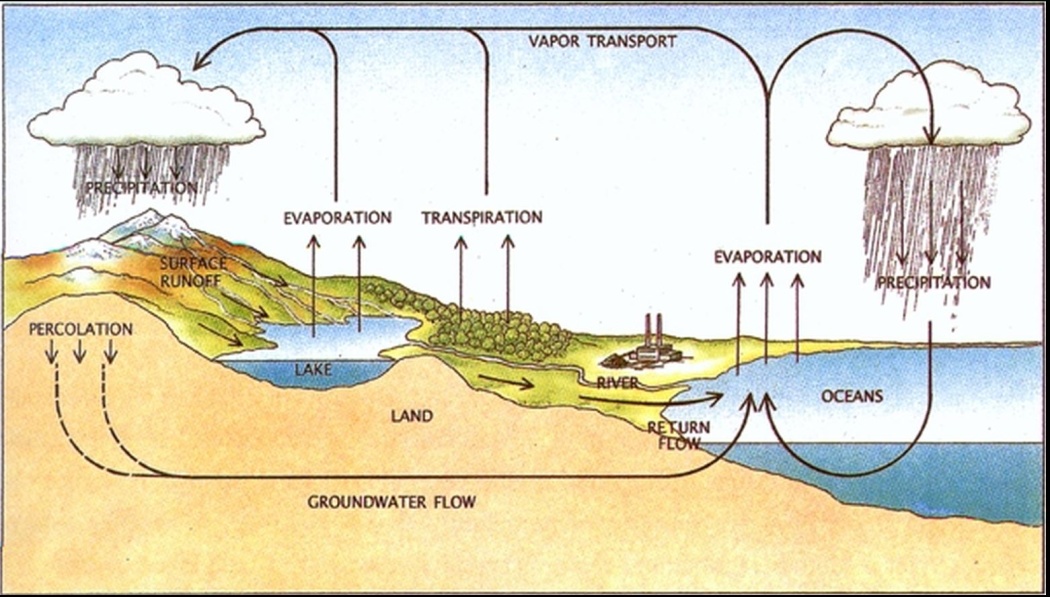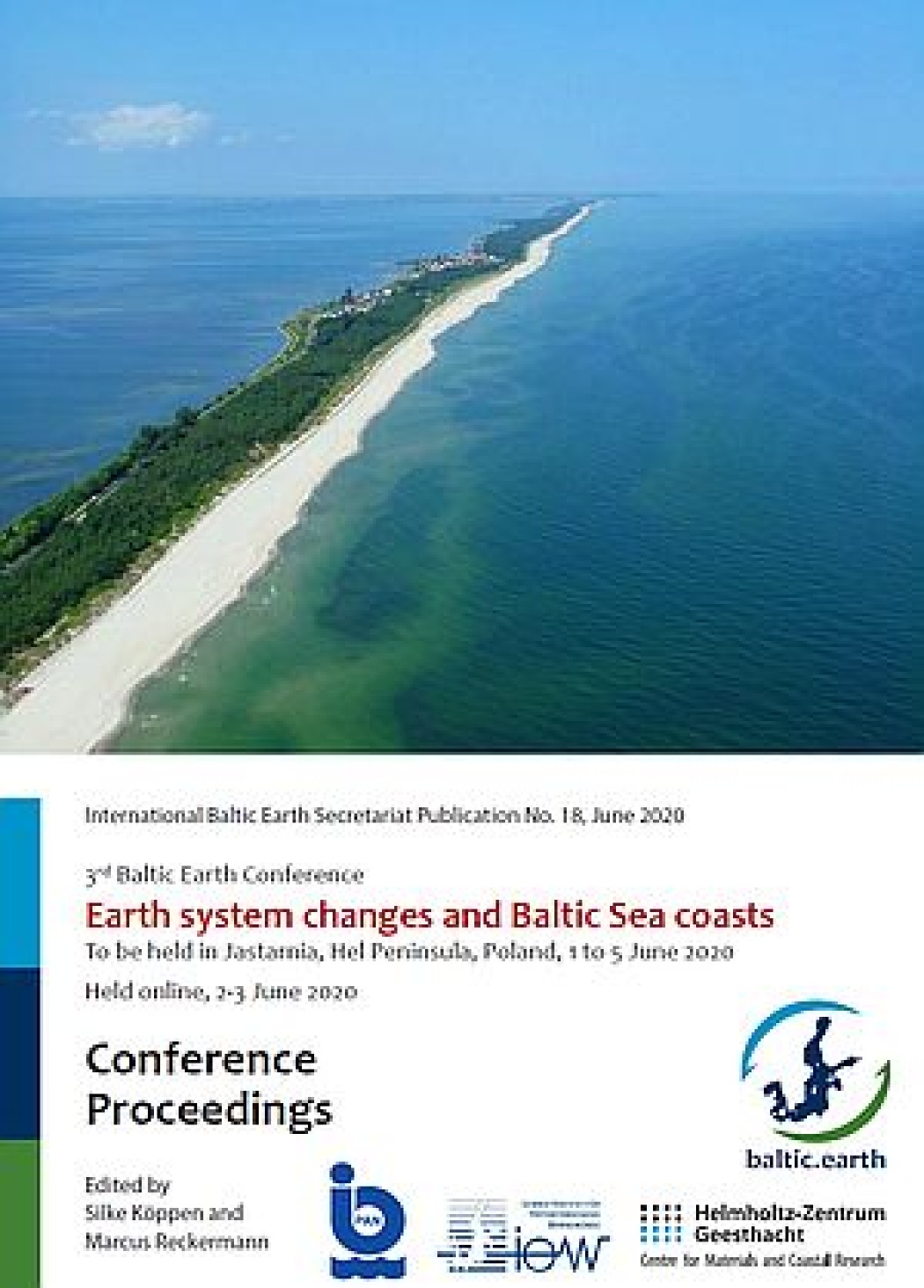Background and objective
Knowledge of the water and energy cycles in the Earth system is an inherent part of regional climate studies. It has been the focus of 20 years of BALTEX activities and remains one of the grand challenges for the scientific community. However, the understanding of the processes and their incorporation into reliable models remains insufficient, which is evident by the poor performance of recent climate models in simulating the hydroclimate.
During BALTEX major progress has been reached in observational and modelling activities, as well as in scientific collaboration and infrastructure including the build-up of dedicated BALTEX data centres. Also remote sensing data have been evaluated to increase our understanding about the regional distribution of different parameters such as cloud distribution from satellites and precipitation fields from Doppler radars.
It is well known today that precipitation and evaporation are among those parameters causing the largest problems for weather prediction, meteorological reanalysis and regional climate studies. Although new knowledge has been gained with regard to the water and energy cycles, still major improvements are needed. For instance, regional climate studies based upon coupled atmosphere - land-surface-ocean models still suffer from biases in simulated precipitation and evaporation with the result that most coupled models do not have a closed water cycle and hydrological applications need bias correction when the output of regional climate models is used. Although there now exist a few estimates of the components of the water cycle in the Baltic Sea region, results of the various, applied methods differ considerably and for most methods uncertainty estimates are not available.
The assessment of numerous hydrological studies for the different sub-basins of the Baltic Sea catchment area reveals that the approaches to calculate the water cycle over land differ and are not coordinated. Hence, homogenous datasets for the whole catchment area are lacking with the consequence that in hindcast simulations, Baltic Sea models are usually driven by runoff from hydrological models instead of measurements.
Baltic Earth aims to continue the efforts of the past BALTEX program and to contribute to the WCRP Grand Challenges and the GEWEX Science Questions.
Description of tasks (or Terms of Reference)
A review on the knowledge on river runoff to the Baltic Sea and dedicated workshops and sessions at conferences are planned. Observation activities envisaged include the measurement of hydrological and atmospheric exchange processes from the surface to the top of the atmosphere at different time scales for various spatial scales and an analysis of the natural variability of energy and water components including the quantification of changes in extremes and the determination of probabilities of their occurrences (for the last century up to now). The combination of conventional measurements with new remote sensing products, potentially with high resolution variability in time and space, will allow a better description of the processes. New model parameterizations considering e.g. an improved understanding of cloud-aerosol-feedback mechanisms, of cloud processes and of atmospheric boundary layer processes should be developed to hind- and forecast short- and long-term water and energy exchanges of the past century and of the future century, respectively. In particular, high-resolution process-oriented hydrological modelling will be promoted to allow, together with long-term measurements, an assessment of past and current hydrological changes and to project future runoff and salinity changes in the Baltic Sea.
Members of the Working Group on Understanding regional variability of water and energy exchanges in the Baltic Sea region
| Franz Berger (Chair) | Deutscher Wetterdienst | Germany | franz.berger@dwd.de |
| Sergej Zhuravlev | Saint-Petersburg State University | Russia | MEMBERSHIP TEMPORARILY SUSPENDED |
| Irina Danilovich | Centre for Hydrometeorology and Control of Radioactive Contamination and Environmental Monitoring of the Republic of Belarus, Minsk | Belarus | MEMBERSHIP TEMPORARILY SUSPENDED |



